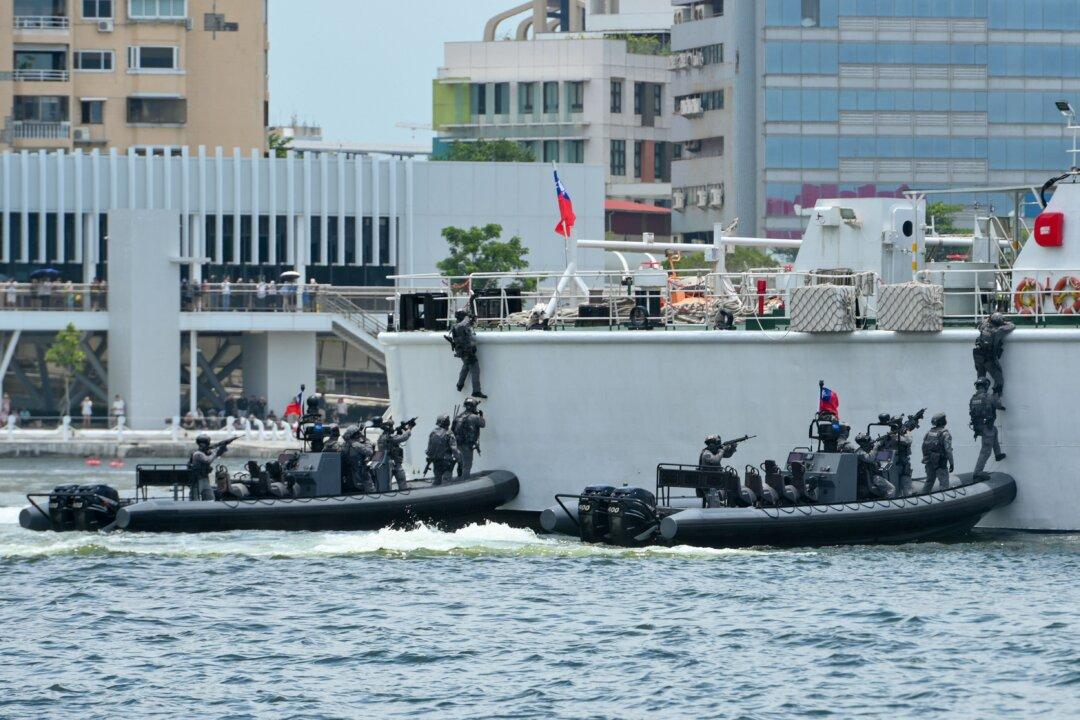News Analysis
For the second day in a row, Chinese Coast Guard ships have breached the waters surrounding Kinmen, an area under Taiwan’s control. This incursion follows closely on the heels of an earlier violation on March 15, when four Chinese vessels entered Kinmen’s restricted waters. Analysts interpret China’s assertive maneuvers, aimed at demonstrating sovereignty, as strategic posturing intended more for domestic consumption in China than as an actual threat.






